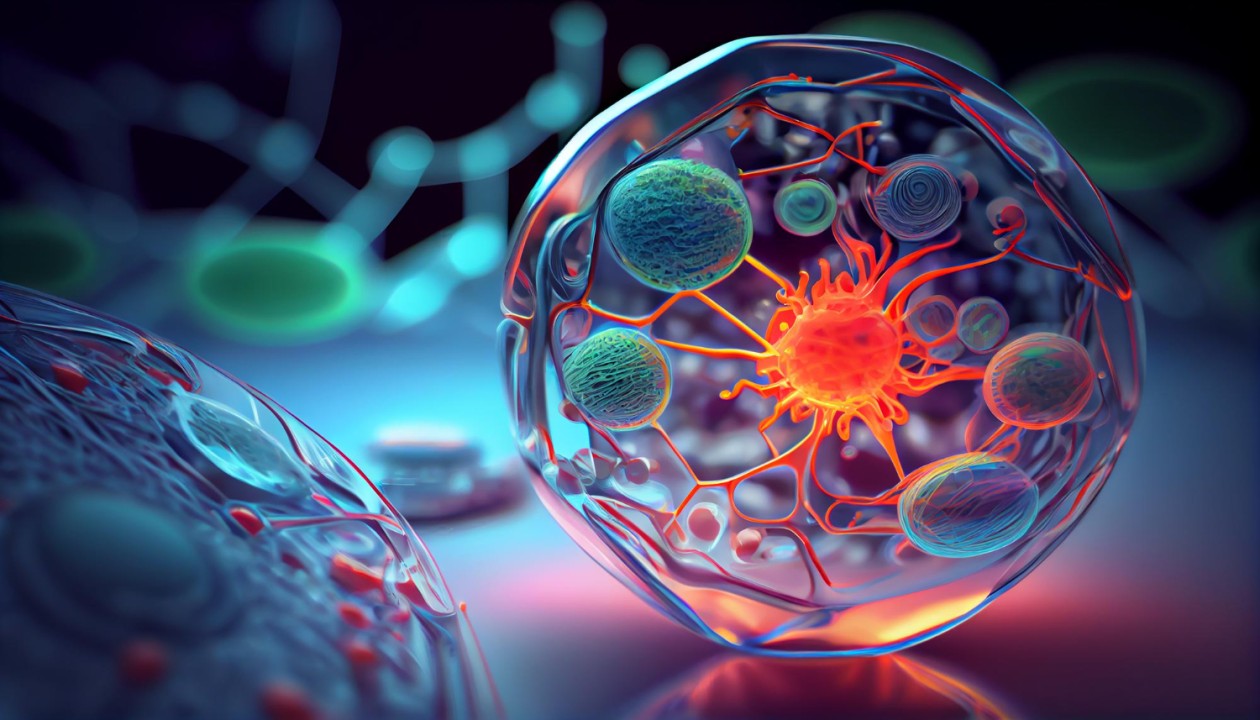Introduction to Cancer Biologics
Cancer biologics, also known as biological therapy or immunotherapy, is an emerging class of medicines that harnesses the body’s own immune system to fight cancer. These targeted therapies work with the body’s natural defenses to seek and destroy cancer cells while sparing normal cells. Unlike traditional chemotherapy which is non-specific, cancer biologics are designed to precisely attack specific molecular targets expressed on cancer cells.
Monoclonal Antibodies
Monoclonal antibodies are precision guided missiles that lock onto tumor specific antigens expressed on cancer cells. Some of the commercially approved monoclonal antibodies for cancer include Rituximab for Non-Hodgkin’s lymphoma and leukemia, Trastuzumab for breast cancer, Cetuximab for colon and head & neck cancers. These antibodies work by blocking the growth and survival signals in cancer cells or by recruiting immune cells to kill the cancer cells. Research is ongoing to develop monoclonal antibodies against newer molecular targets to treat various hard-to-treat cancers.
Checkpoint Inhibitors
The immune system has natural checkpoint mechanisms to prevent immune overactivation against normal cells with Cancer Biologics. However, cancer cells hijack these checkpoints to evade immune surveillance. Checkpoint inhibitor drugs like Pembrolizumab and Nivolumab work by releasing the brakes on immune cells called T cells, allowing them to recognize and destroy cancer cells. These immunotherapy drugs have revolutionized the treatment of various advanced cancers like melanoma, lung cancer and bladder cancer by eliciting long lasting responses. Newer checkpoint targets are also being clinically evaluated.
Adoptive Cell Therapies
Adoptive cell transfer therapy involves extracting immune cells from a patient’s own blood or tumor, modifying them in the laboratory to recognize tumor antigens and then re-infusing them back to fight cancer. Chimeric Antigen Receptor (CAR) T cell therapy is one such approach where T cells are engineered to express an artificial receptor that guides them to hunt and kill cancer cells. FDA approved CAR T cell therapies Tisagenlecleucel and Axicabtagene ciloleucel have shown dramatic responses in relapsed leukemia and lymphoma patients. Ongoing research also focuses on engineering Tumor Infiltrating Lymphocytes for solid tumors.
Cytokines
Cytokines are signaling proteins produced by immune cells to modulate immune responses. Some cytokines like Interferons have direct anti-cancer effects by suppressing tumor growth or sensitizing cancer cells to chemotherapy. FDA approved cytokines Interferon-alfa and Interleukin-2 are used to treat certain cancers like melanoma, kidney cancer and leukemia. Newer cytokines and cytokine-based therapies are under evaluation especially in combination with other immunotherapies.
Personalized Cancer Vaccines
Cancer vaccines aim to teach the immune system to recognize tumor specific antigens in order to elicit a memory immune response against cancer recurrence or metastasis. Some vaccines comprise of whole tumor cells or cell lysates while others contain synthetic long peptide antigens or mRNA/DNA. Personalized neoantigen cancer vaccines matching patient’s own tumor mutanome show promise in clinical trials. Multi-epitope DNA/RNA vaccines against shared tumor antigens also hold potential as off-the-shelf treatments. Combinations with checkpoint inhibitors seems to enhance the response rates.
Hurdles and Future Prospects
While cancer immunotherapies are transforming cancer treatment, majority of advanced cancer patients still do not respond or develop resistance over time. Key challenges include tumor heterogeneity, immune suppressive microenvironment and lack of reliable biomarkers to predict responses. Combination approaches employing biologics with conventional therapies, epigenetic modifiers, oncolytic viruses holds promise to further improve responses. Development of personalized neoantigen vaccines and novel predictive algorithms supported with genomic and immunoprofiling data will aid in realizing the full potential of cancer immunotherapy. With continued advances, immunotherapies are likely to become a mainstay in the systemic treatment of both common and rare cancers in future.
*Note:
1. Source: Coherent Market Insights, Public sources, Desk research
2. We have leveraged AI tools to mine information and compile it

